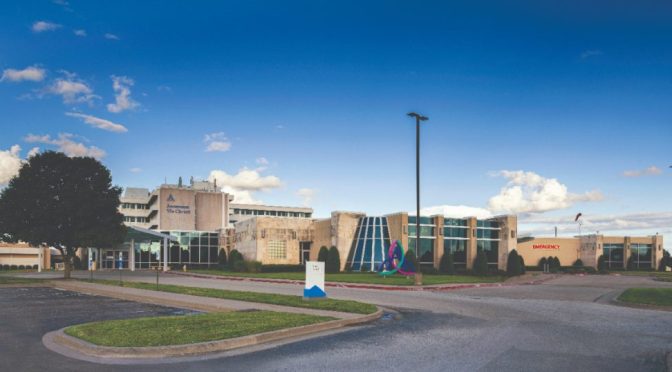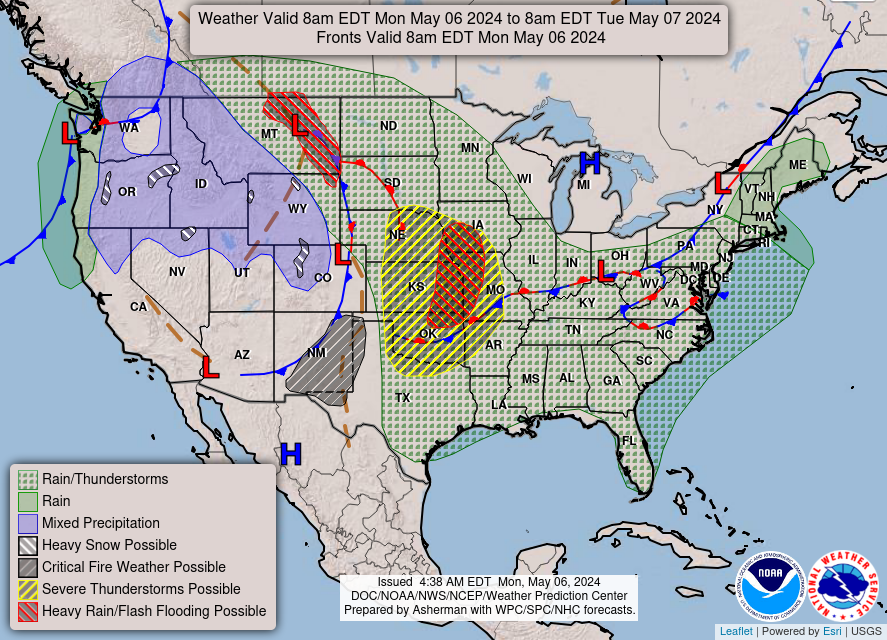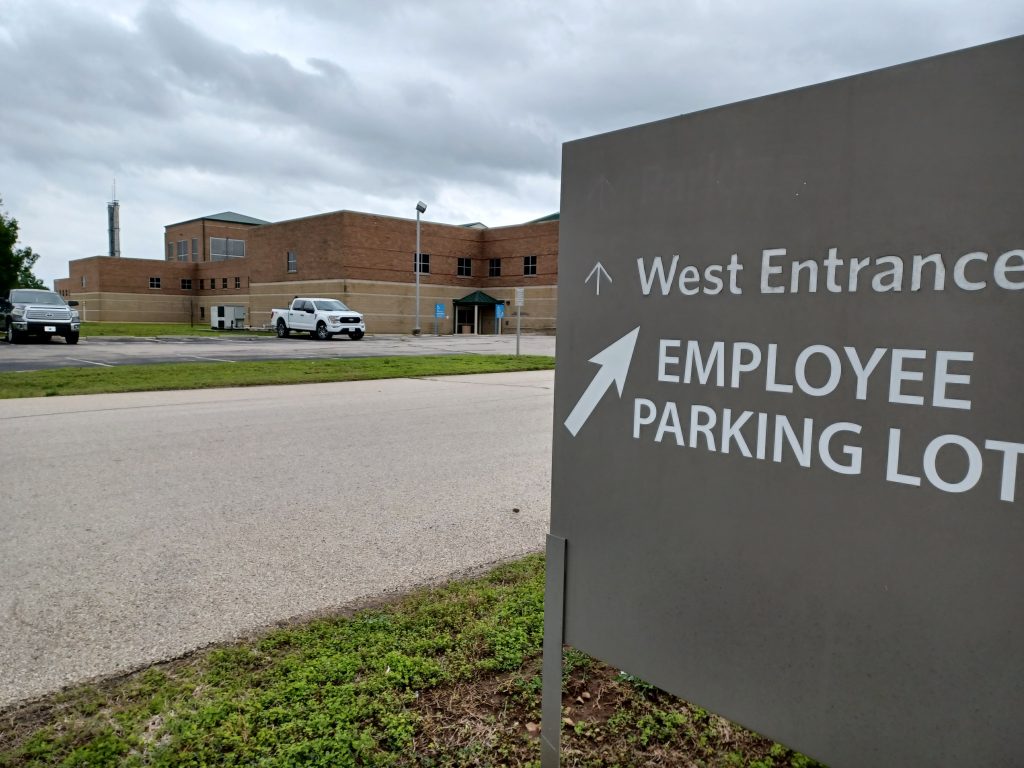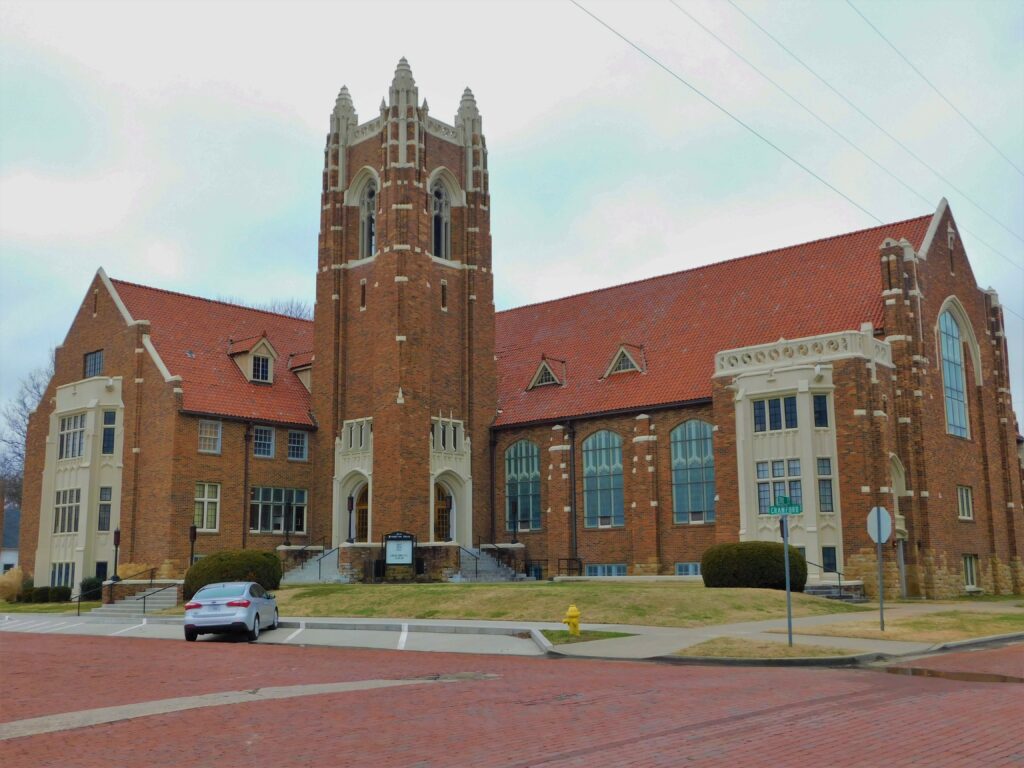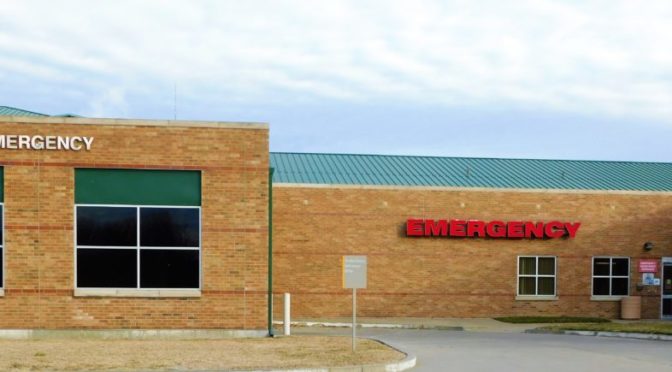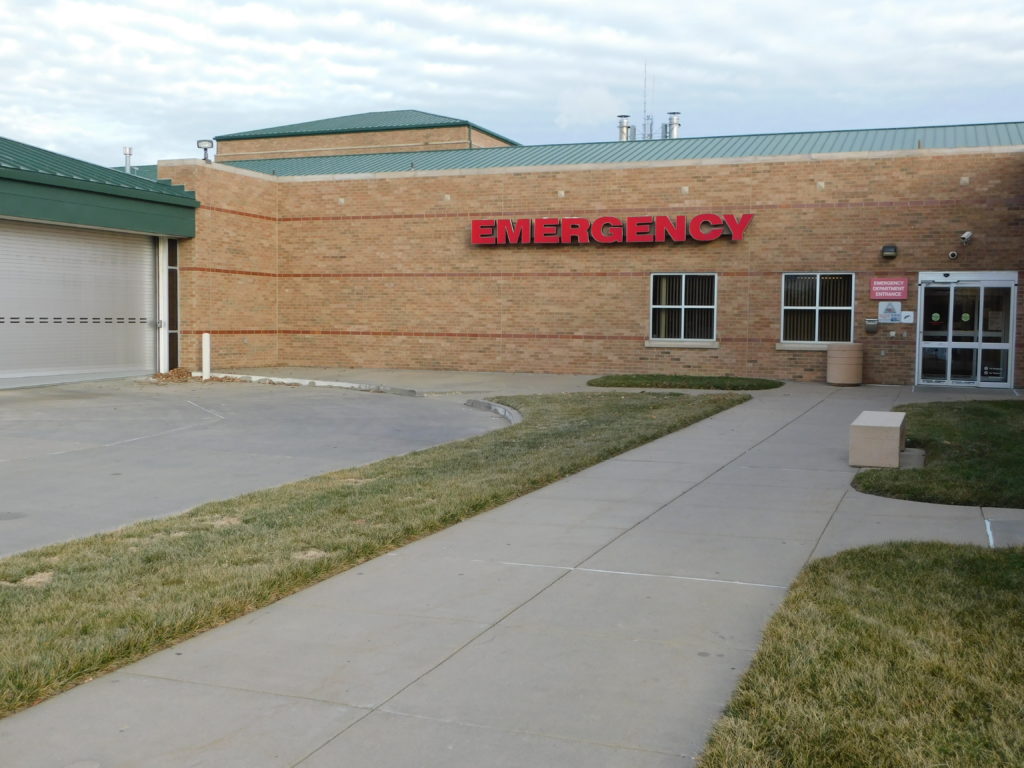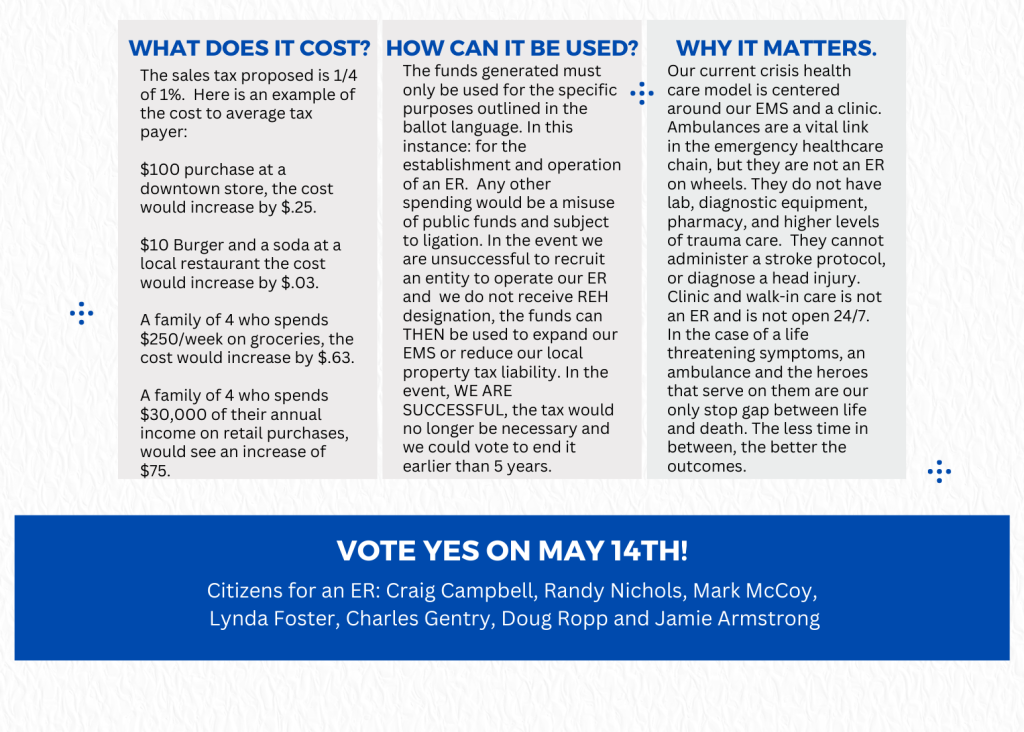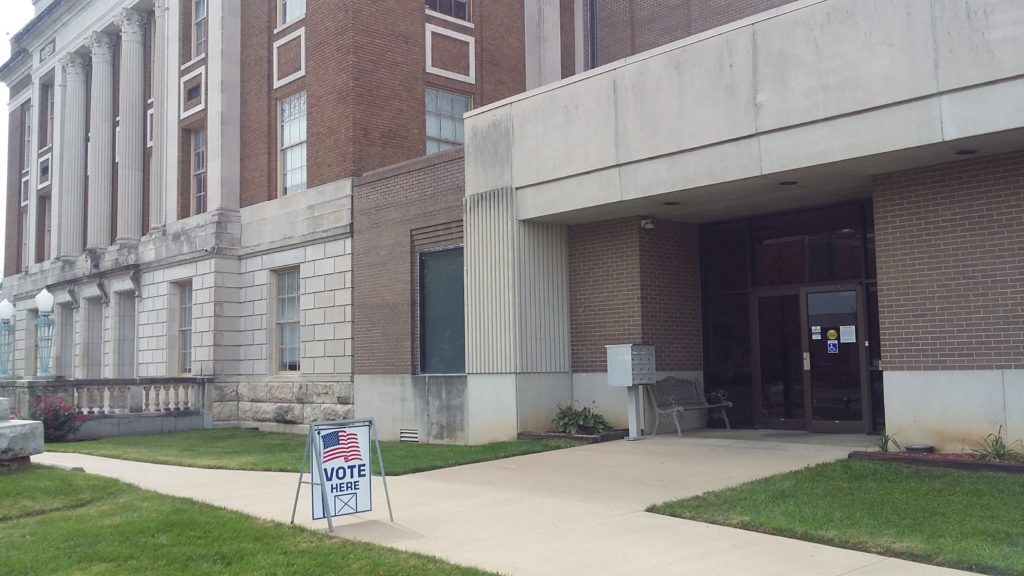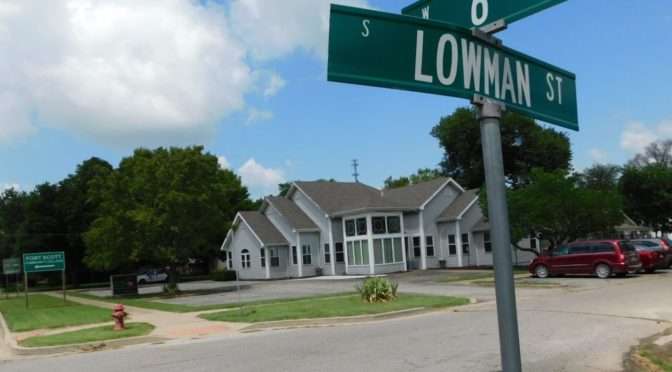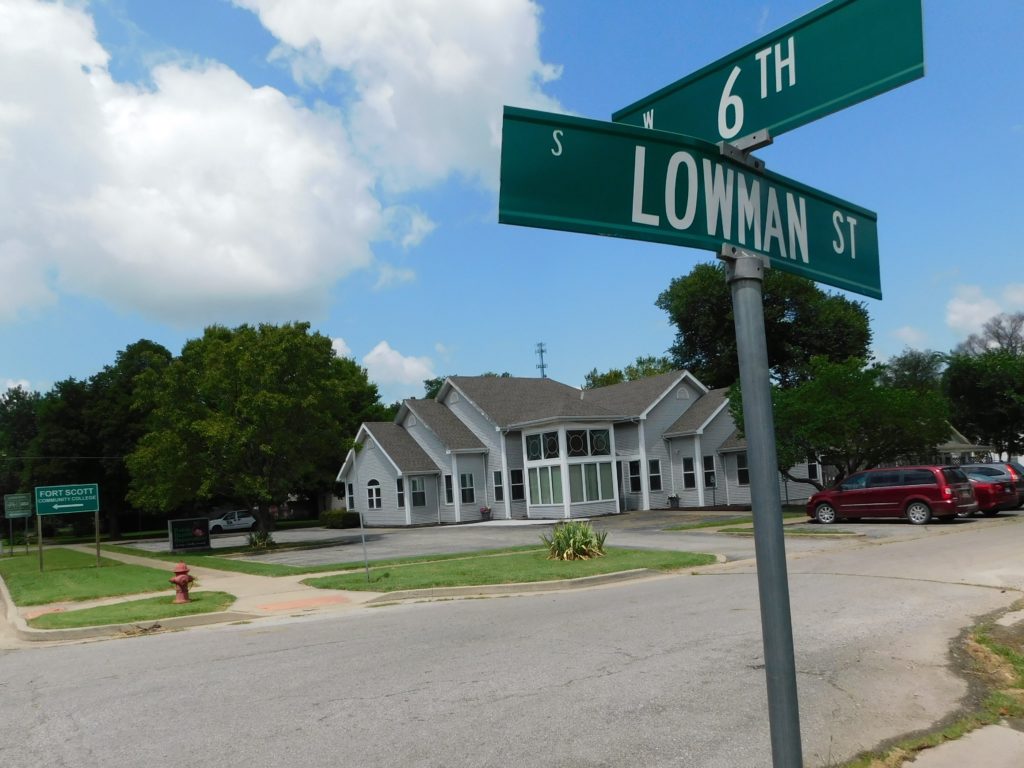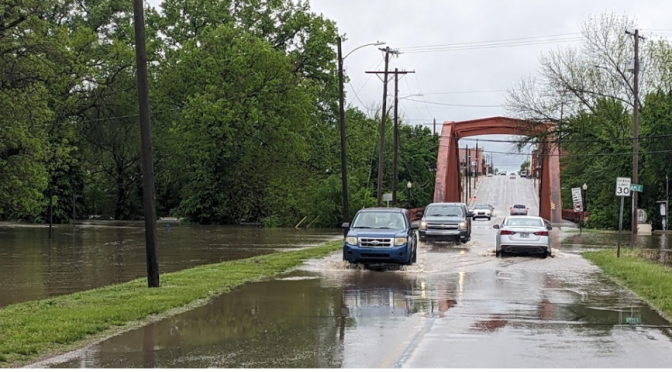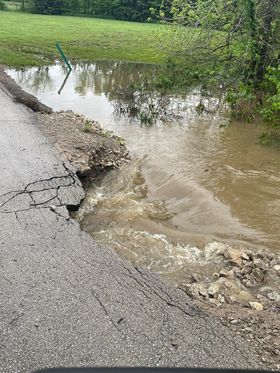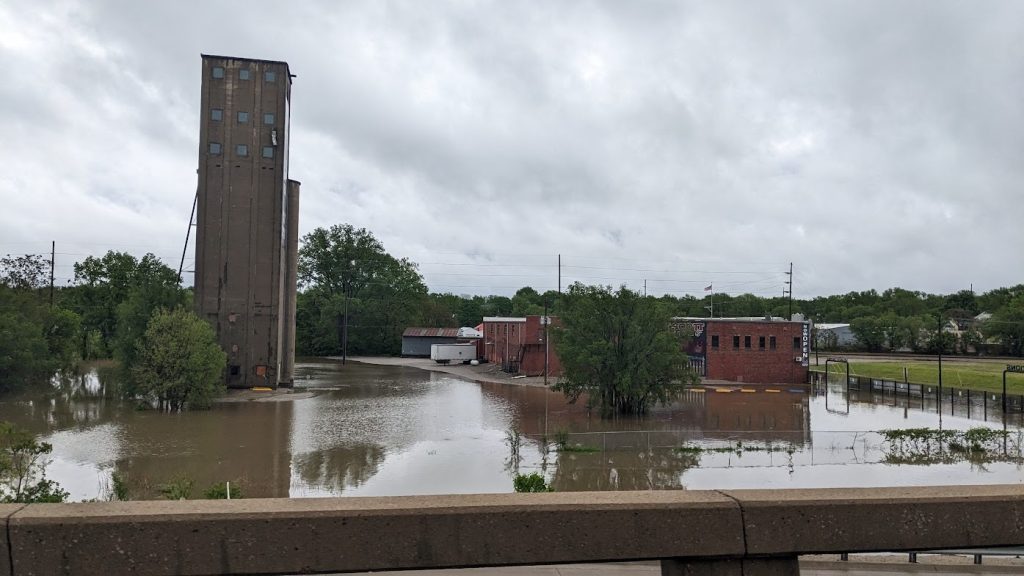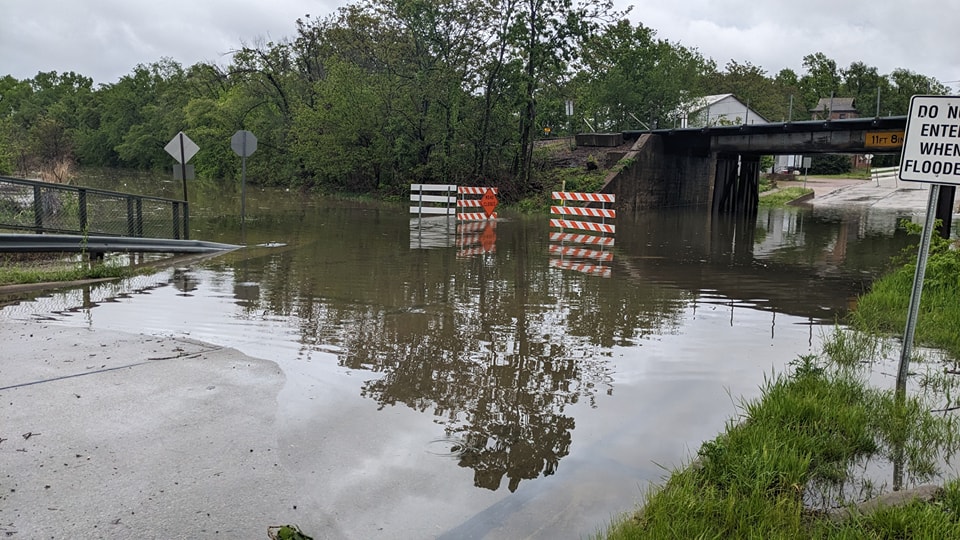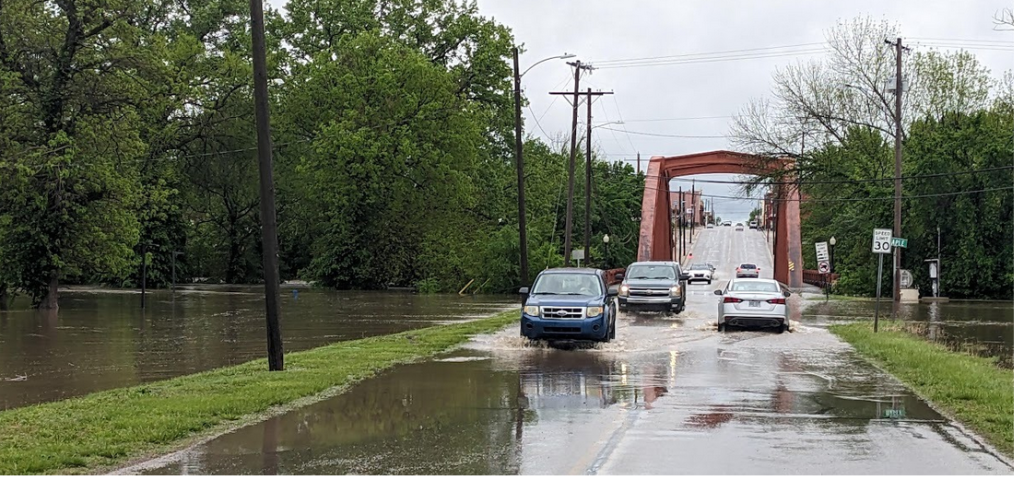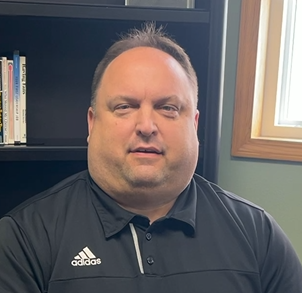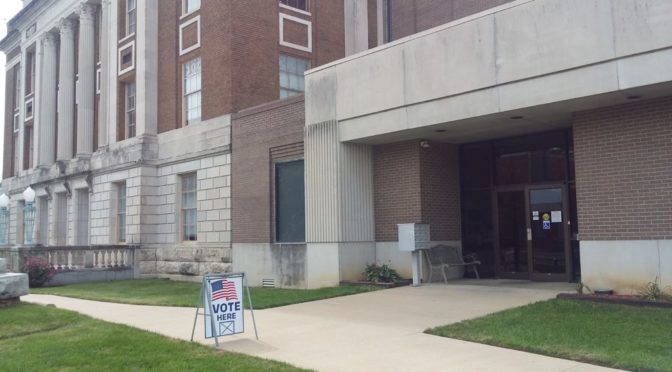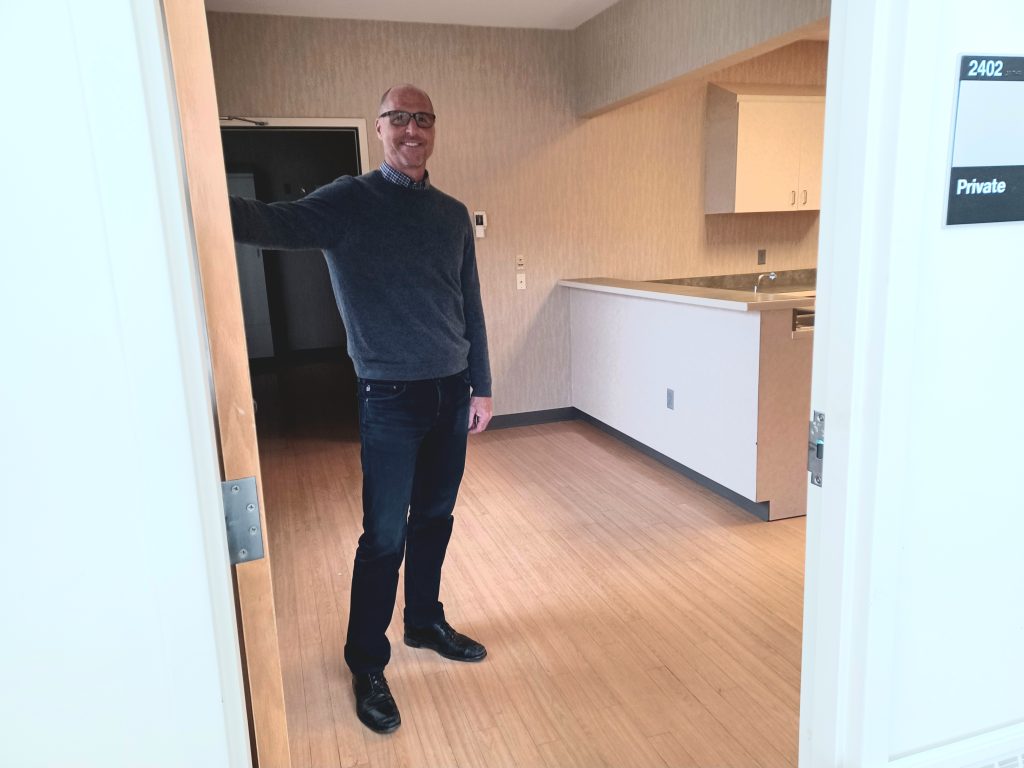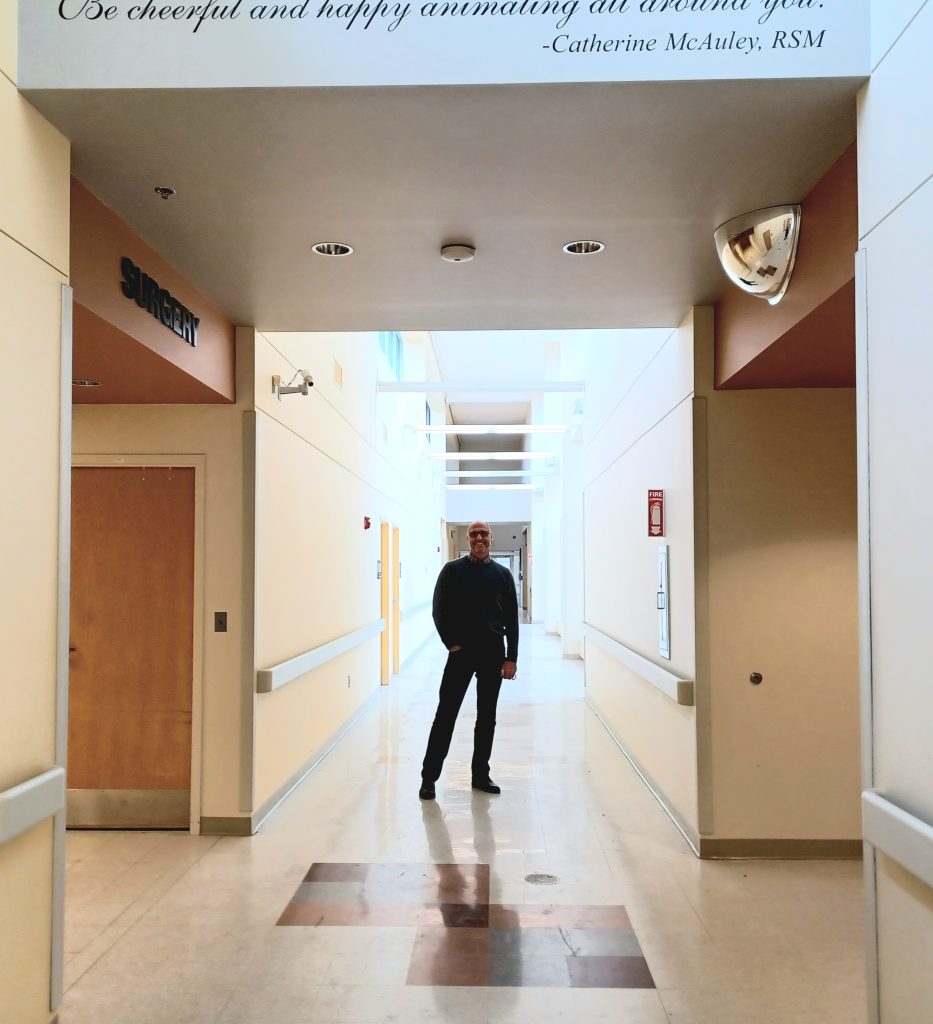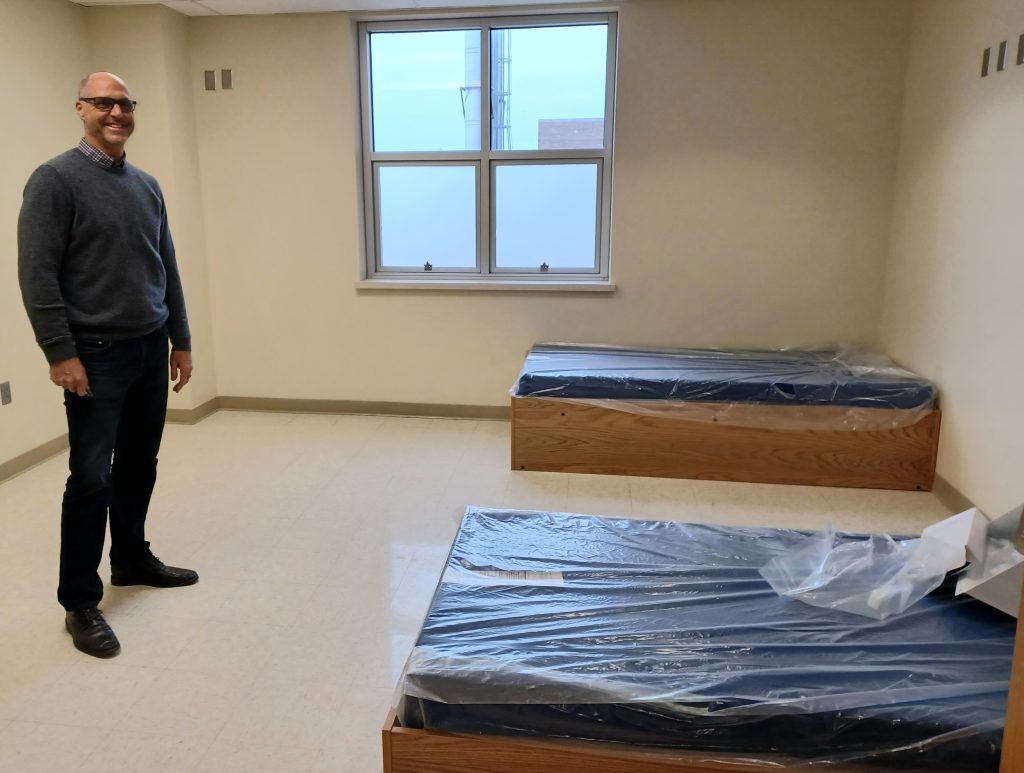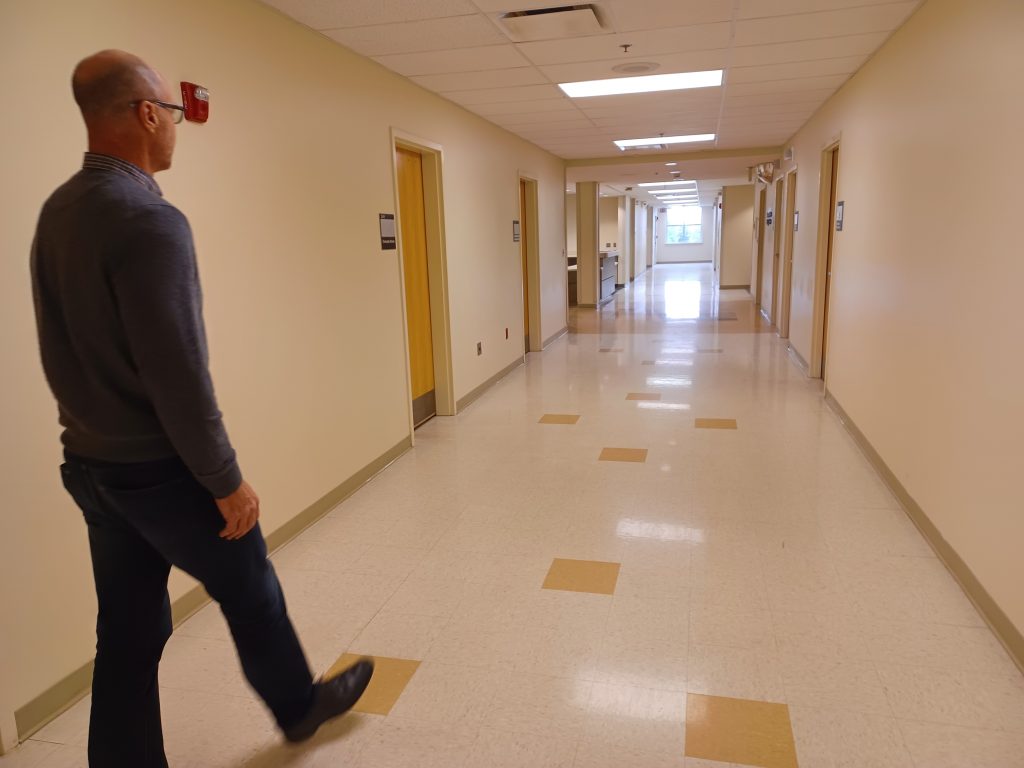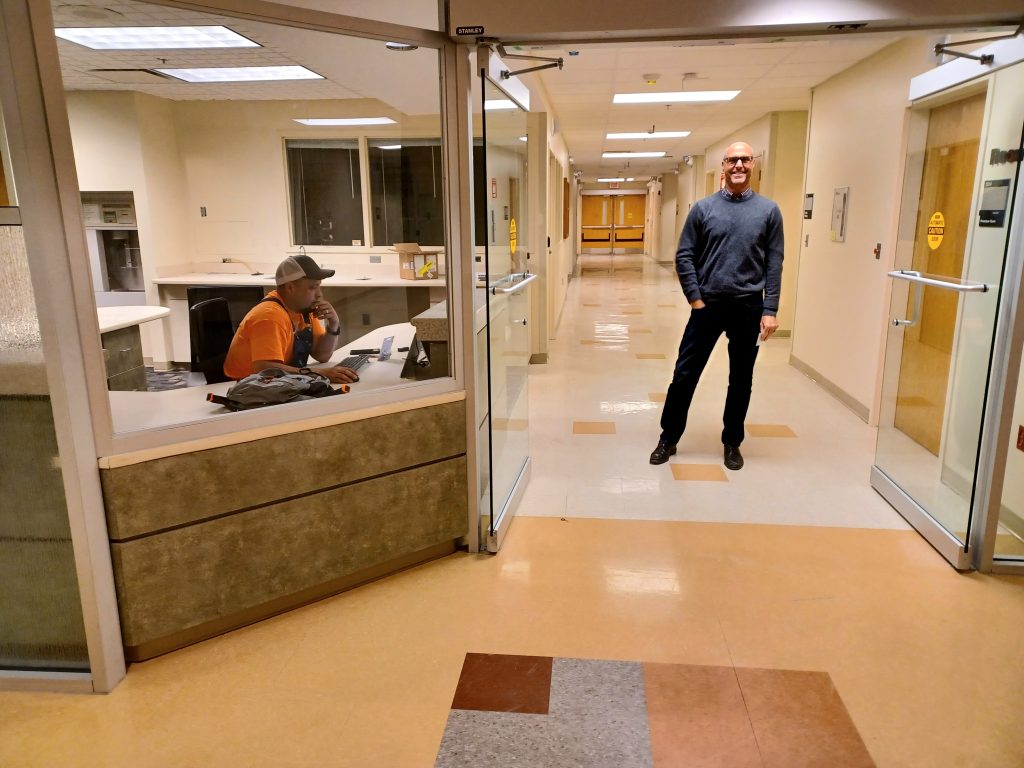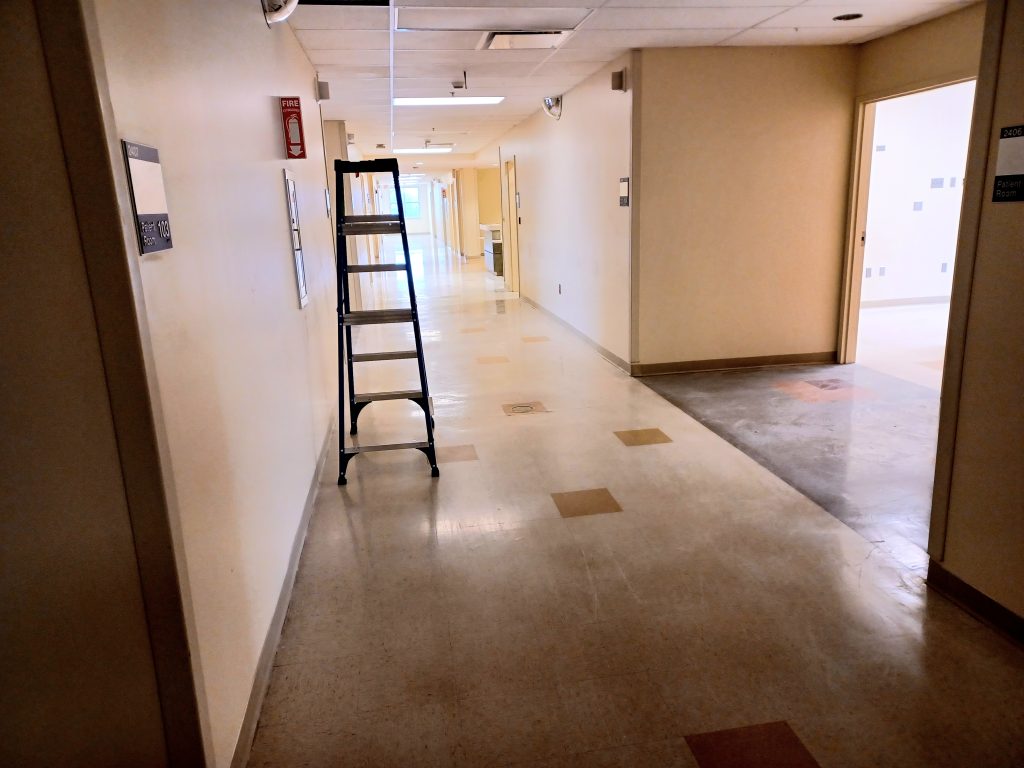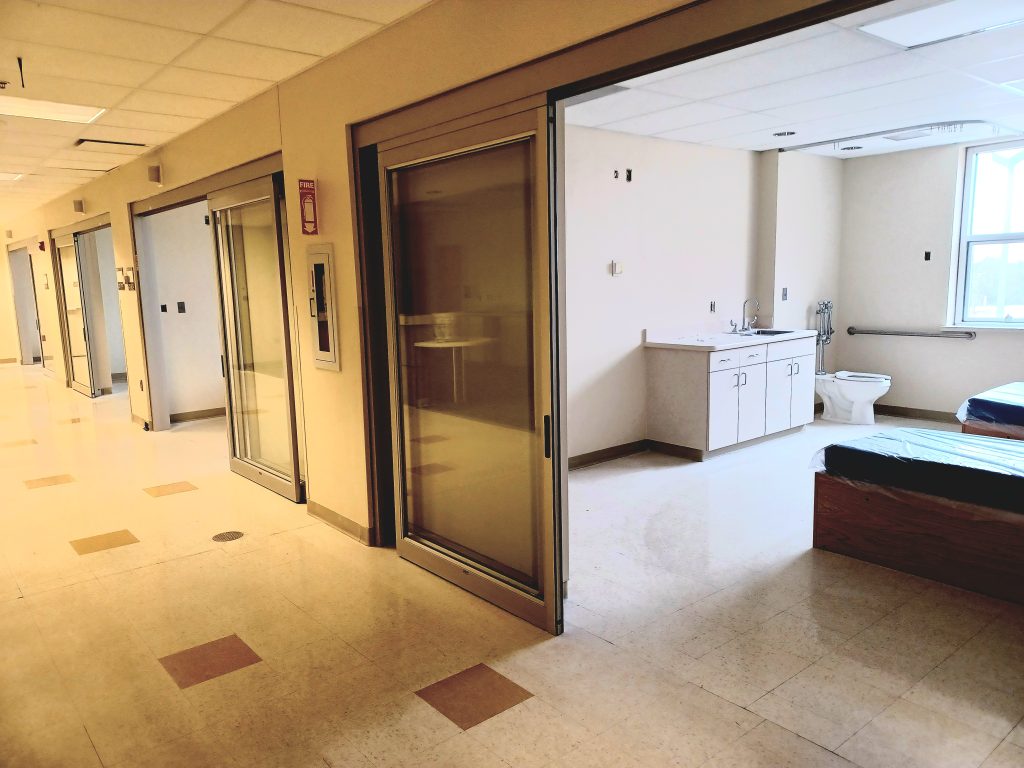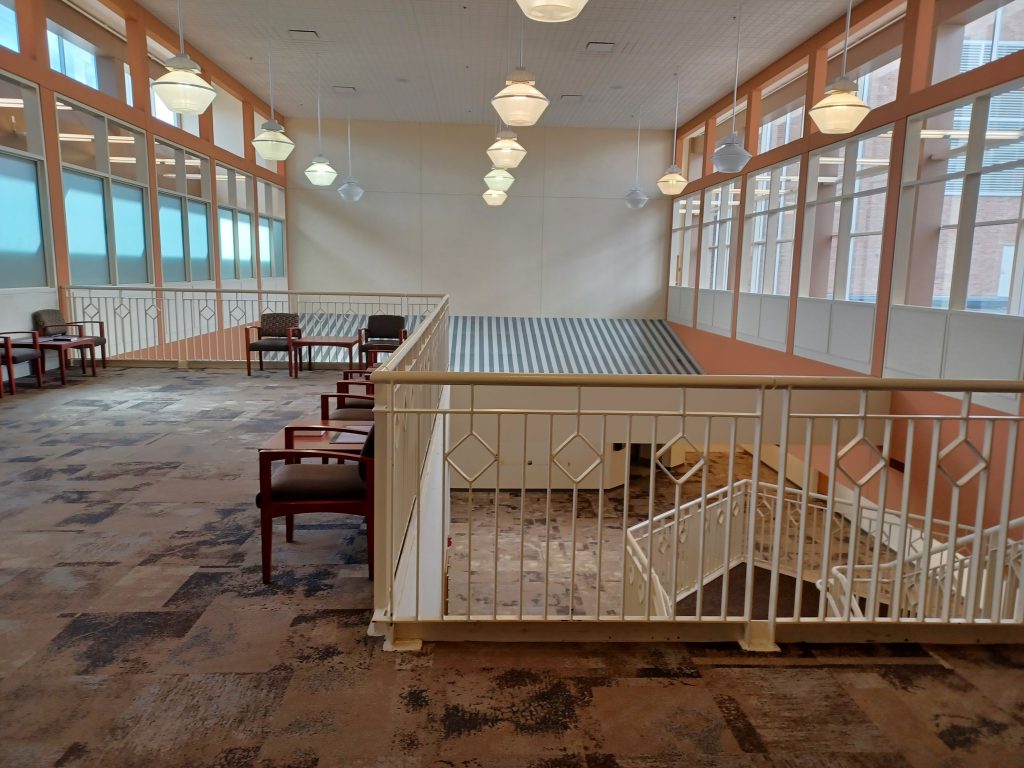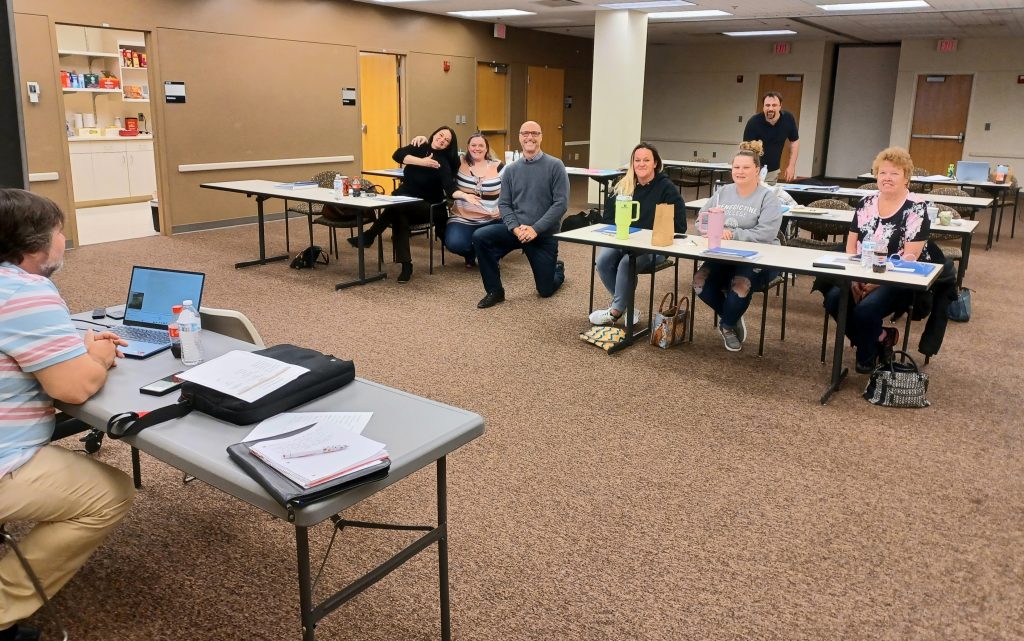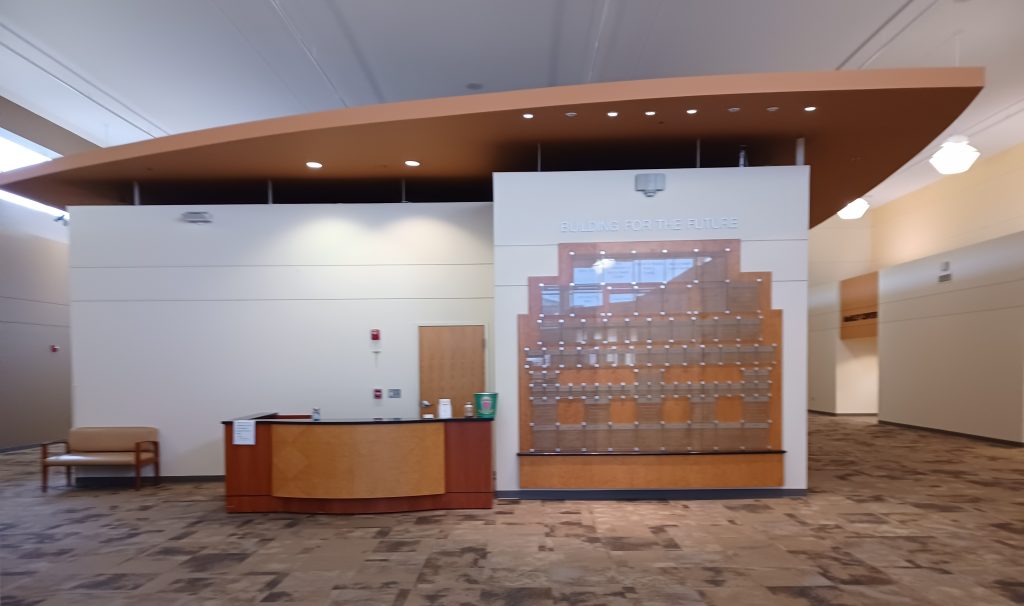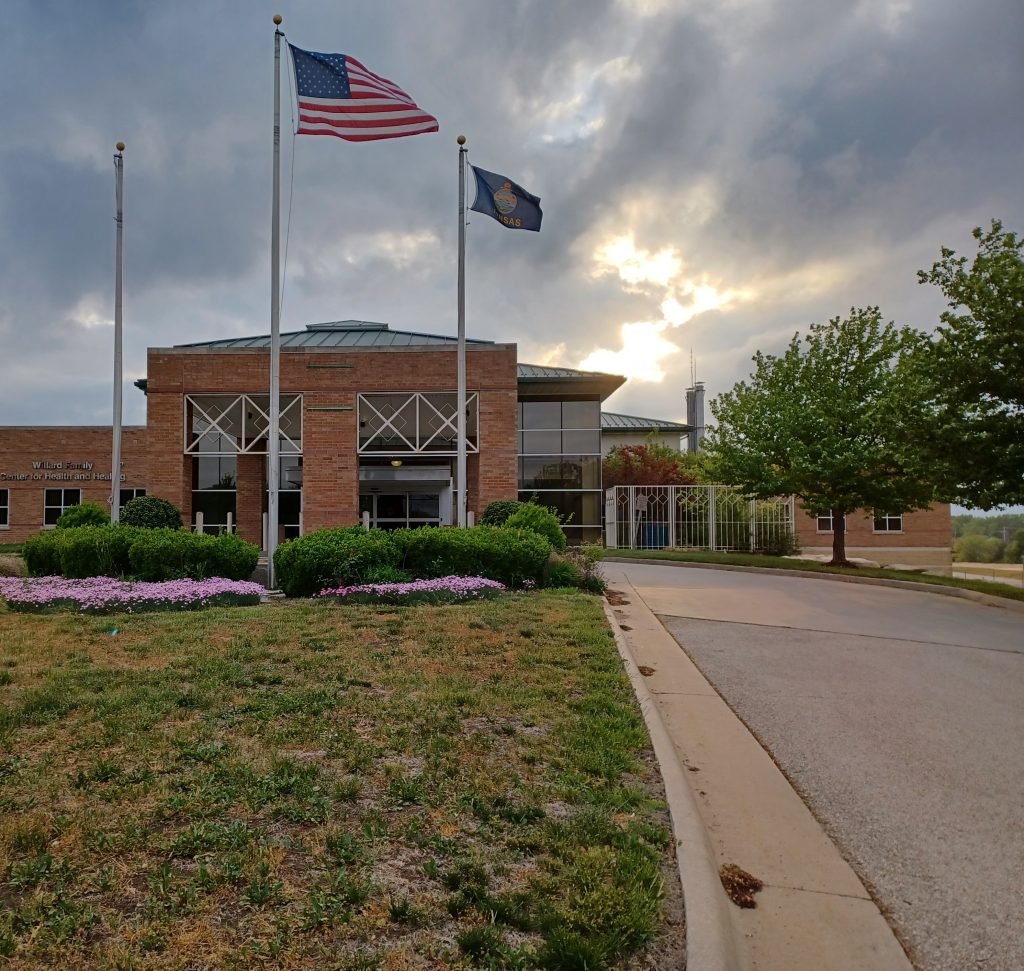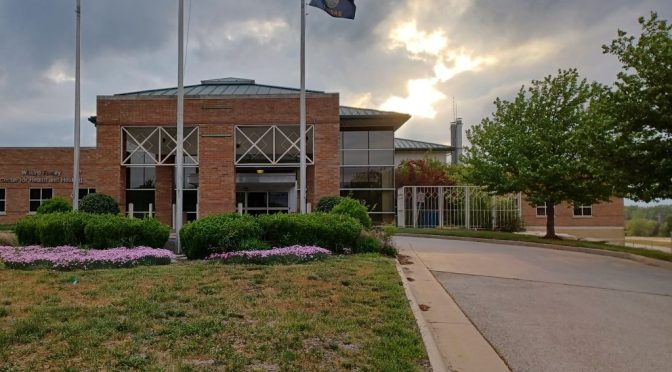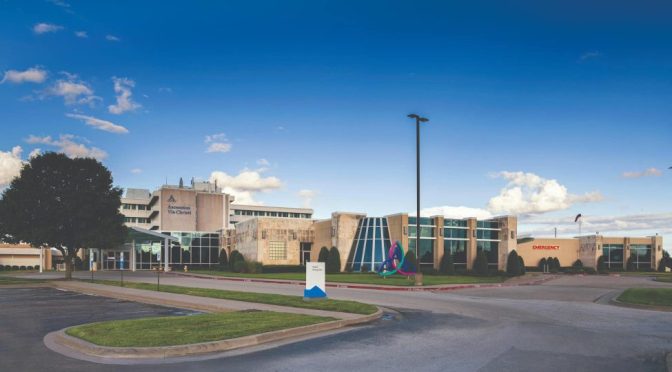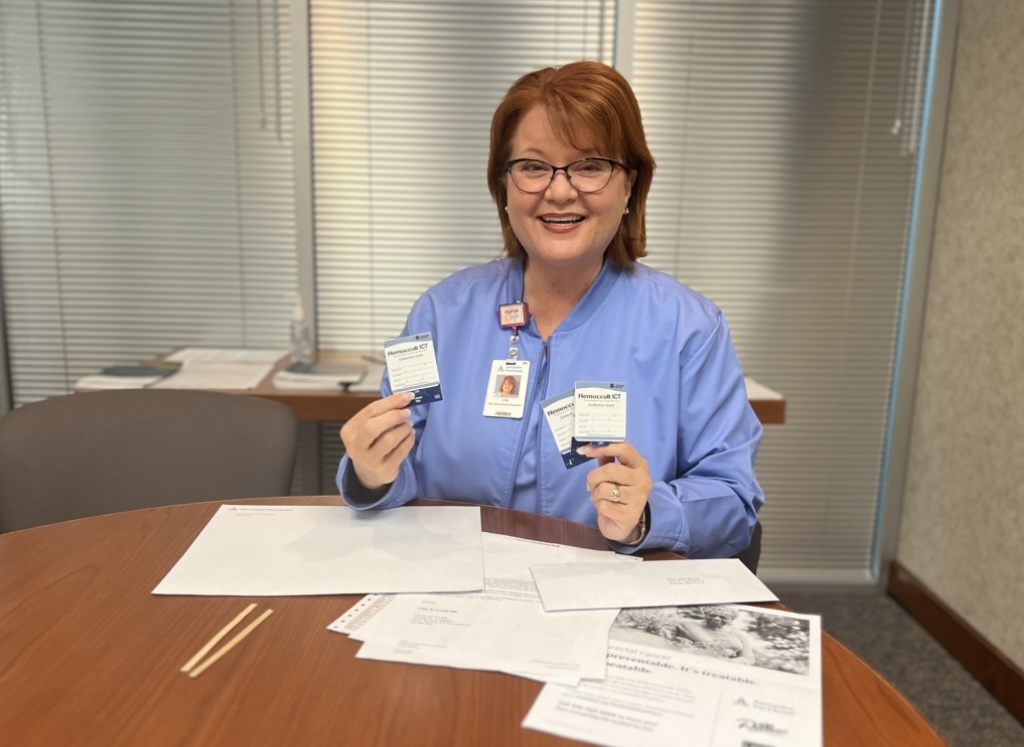Via Christi Cybersecurity Event Update
National Update
Ascension previously reported that it experienced a ransomware attack that has caused disruptions to patient care in its network. Our priority remains on providing safe patient care. Ascension, with the support of leading cybersecurity experts, worked around the clock over the weekend to respond to the ransomware incident affecting our systems. We are focused on restoring systems safely. We are making progress, however, it will take time to return to normal operations. As systems and services come back online, we will share those updates so that our patients and communities can plan accordingly. We have established a dedicated website to share any updates we have across our system. We will be expanding the site this week to provide updates related to healthcare services as they relate to specific regions.
We encourage anyone seeking information surrounding the incident or with questions about the operational status of Ascension facilities to visit this page for the latest updates – https://about.ascension.org/
Via Christi Update
All Ascension Via Christi hospitals, physician offices, and care sites across Kansas remain open and operational. Despite the challenges posed by the recent ransomware incident, patient safety continues to be our utmost priority. Our dedicated doctors, nurses, and care teams are demonstrating incredible thoughtfulness and resilience as we use manual and paper based systems during the ongoing disruption to normal systems.
We thank you for your patience and understanding as we navigate this unexpected situation. Rest assured, our commitment to the health and safety of our community remains our highest priority.
Can I go to my doctor’s appointment?
Ascension Via Christi Medical Partners doctor’s offices and care sites are operating with normal business hours, and all scheduled appointments are proceeding as planned.
Due to the transition to manual systems for patient documentation, patients may encounter longer than usual wait times and some delays. To help expedite processes, patients should bring notes on symptoms and a list of current medications, including prescription numbers or bottles. In the event that appointments need to be rescheduled, an Ascension associate will contact patients directly.
Can I get my prescription filled?
Ascension Rx retail pharmacies in Kansas cannot fill your prescription at this time. If a prescription was filled prior to May 8, 2024, and is awaiting pickup, that is available for the patient. If a patient needs a refill, they need to contact their prescriber and get a new prescription sent to a pharmacy outside of Ascension Rx.
Is Via Christi Immediate Care on Murdock open?
At this time, the Via Christi Immediate Care on Murdock is fully operating. Due to the transition to manual systems for patient documentation and care at certain centers, patients may encounter longer than usual wait times and some delays.
Are Ascension’s emergency rooms open?
All Via Christi emergency rooms remain open. If you are experiencing a medical emergency, please dial 911, and local emergency services will transport you to the most appropriate hospital emergency room.
Can I still have my surgery?
Patients with upcoming scheduled elective surgeries should plan to arrive as planned unless otherwise notified. Should any rescheduling be necessary, a member of our care team will contact you directly.
Due to the transition to manual systems for patient documentation, patients may encounter longer than usual wait times and some delays. To help expedite processes, patients should bring notes on symptoms and a list of current medications, including prescription numbers or bottles.
Will I be able to get my diagnostic imaging, other tests, and treatments?
Imaging, testing, and treatment are being offered at this time. Patients may experience delays, we are grateful for your patience. Should any rescheduling be necessary, a member of our care team will contact you directly.
Commitment to Quality Care:
Our care teams are well versed on dynamic situations and are appropriately trained to maintain high quality care during downtime. Our leadership, physicians, care teams, and associates are working tirelessly to ensure patient care continues with minimal to no interruption. We appreciate our community’s patience and understanding.
###
About Via Christi
In Kansas, Via Christi operates seven hospitals and 134 other sites of care and employs more than 6,400 associates. In FY2023, Via Christi provided more than $65 million in community benefit programs. In FY2023, Via Christi provided $2.3 billion in care of persons living in poverty and other community benefit programs. Via Christi includes more than 150,000 associates and 40,000 aligned providers. Via Christ is sponsored by Ascension, a national health system that operates more than 2,600 sites of care – including 139 hospitals and more than 40 senior living facilities – in 19 states. Serving Kansas for more than 135 years, Via Christi is a faith-based healthcare organization committed to delivering compassionate, personalized care to all, with special attention to persons living in poverty and those most vulnerable. Visit www.ascension.org.
